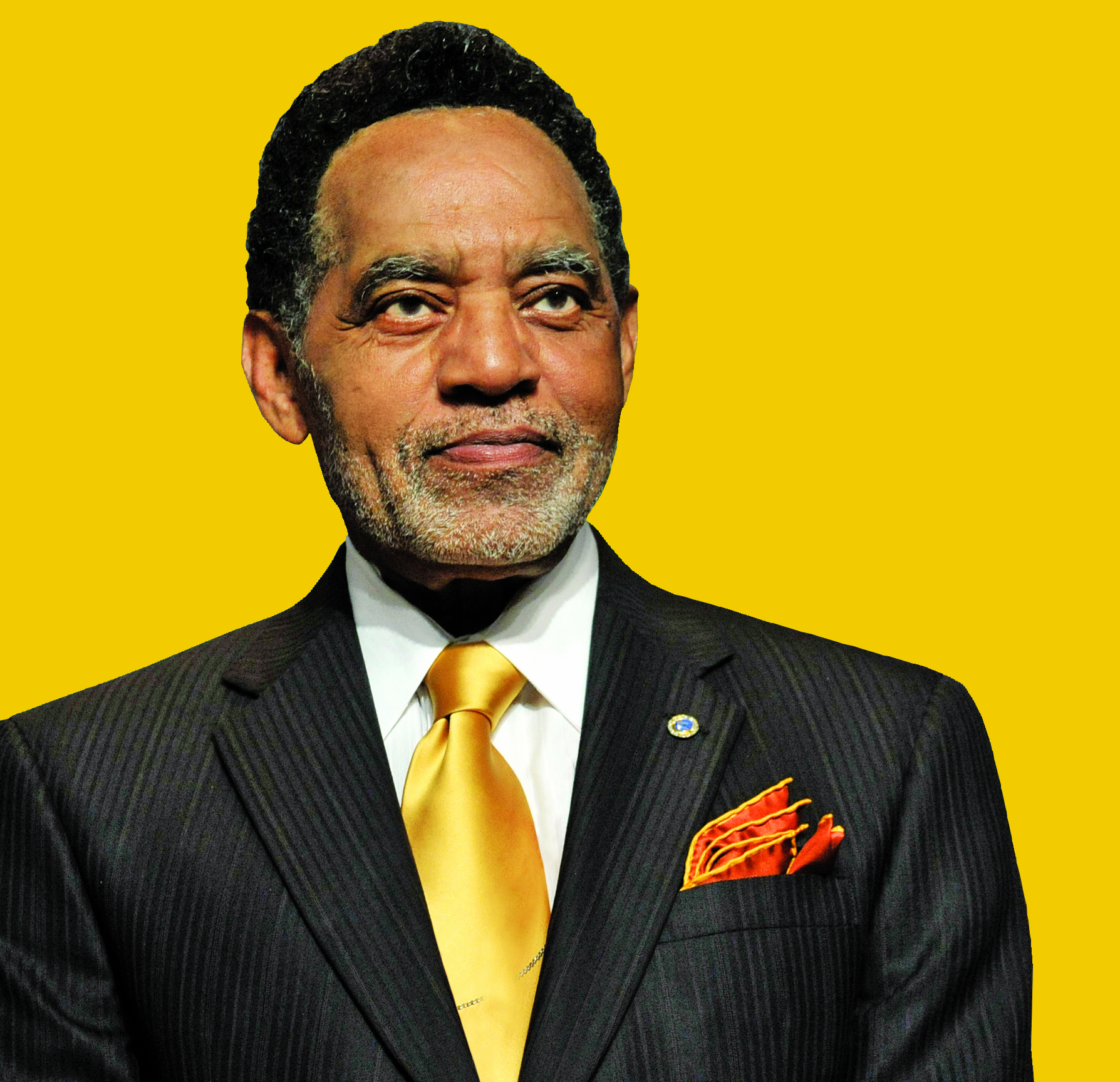
For Black History Month, the AFL-CIO is spotlighting various African American leaders and activists who have worked at the intersection of civil and labor rights. Our next profile is William Burrus.
Born in Wheeling, West Virginia, William Burrus attended West Virginia State College after graduating high school with honors. Betwen 1954–1957, he served in the 101st Airborne Division and the 4th Armored Tank Division of the U.S. Army. After his time in the Army ended, he began his employment with the U.S. Postal Service, working as a distribution clerk and maintenance employee in Cleveland.
A participant in the Great Postal Strike of 1970, Burrus was elected president of the Cleveland local of the American Postal Workers Union (APWU). He served in that role until 1980. While president of his local, Burrus became the founder and first president of the APWU National Presidents Conference. He also was a leader in the fight to reject a collective bargaining agreement proposed in 1978 that would've limited cost-of-living increases for postal workers.
In 1980, Burrus began a 21-year run as APWU's executive vice president, working alongside APWU President Moe Biller. During this time, he led the APWU negotiations in securing four collective bargaining agreements with the U.S. Postal Service. He was directly involved with every national negotiation between the APWU and USPS from 1980 to 2006. His leadership helped win substantial gains for members over and over again, including countless arbitration settlements and memorandums of understanding with postal management that greatly enhanced the rights, benefits and safety of postal workers.
His dedication and hard work on behalf of his fellow postal workers led to him being elected national president of APWU in 2001, the first African American of any national union to win the top office by a direct ballot of the membership. During his time as president, he successfully fought back against Bush administration efforts to reverse the gains achieved through the Great Postal Strike of 1970. He also successfully advocated for better working conditions after two postal workers and one customer died in the anthrax attacks in 2001.
In 2010, Burrus retired after 10 years of leadership at APWU. Numerous times during his career of service, Burrus was named one of the 100 Most Influential Black Americans by Ebony magazine. Upon his passing last year, AFL-CIO President Richard Trumka (UMWA) said Burrus was "an unabashed advocate for his fellow postal workers and an unwavering fighter in the struggle for social and economic justice."

